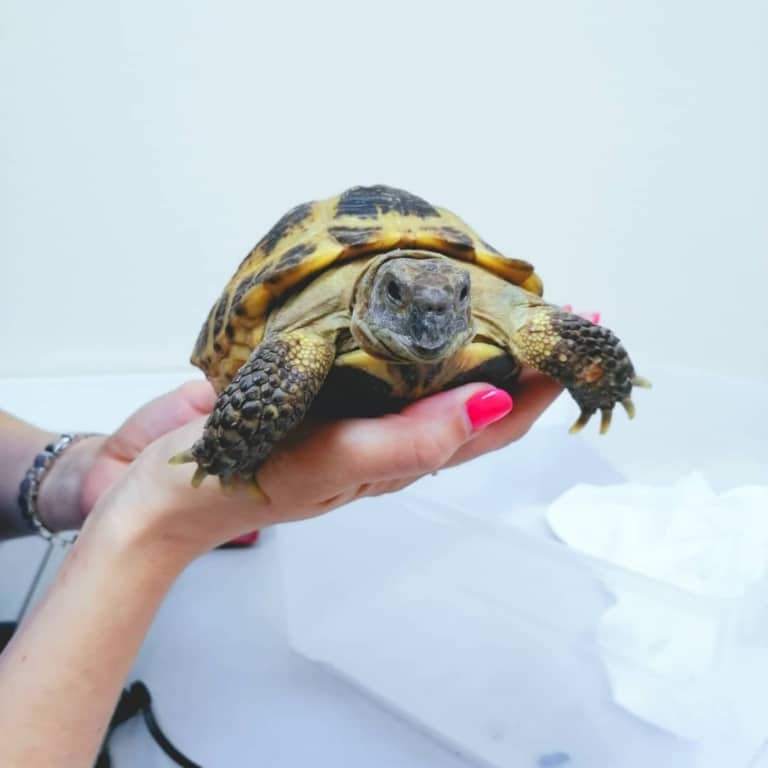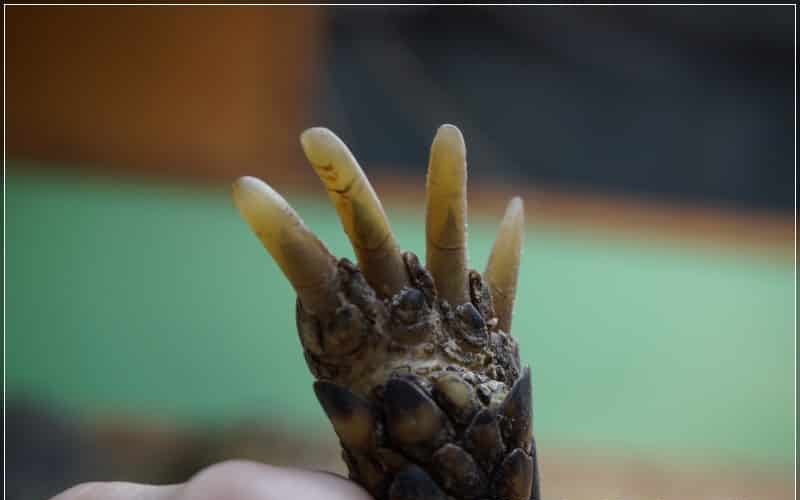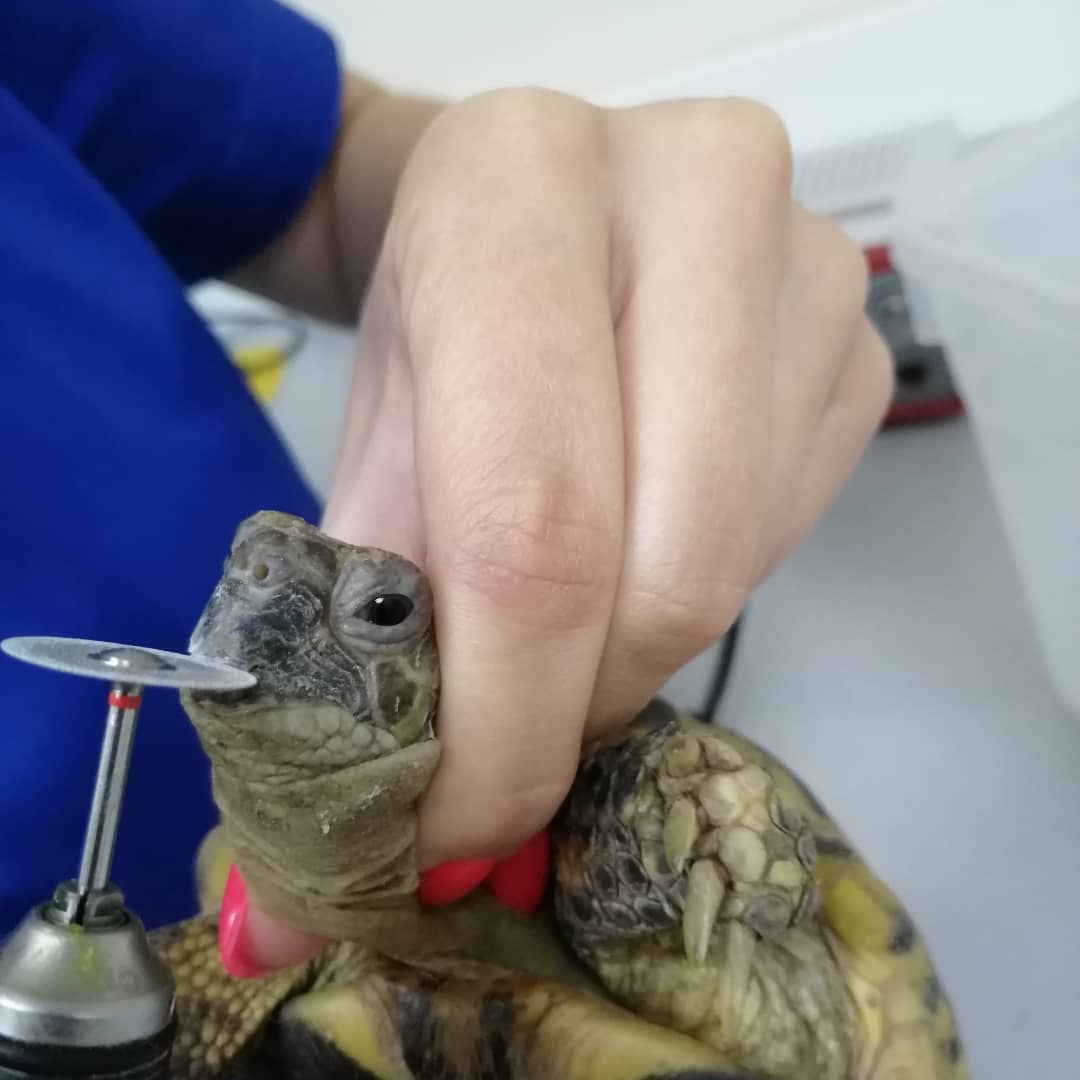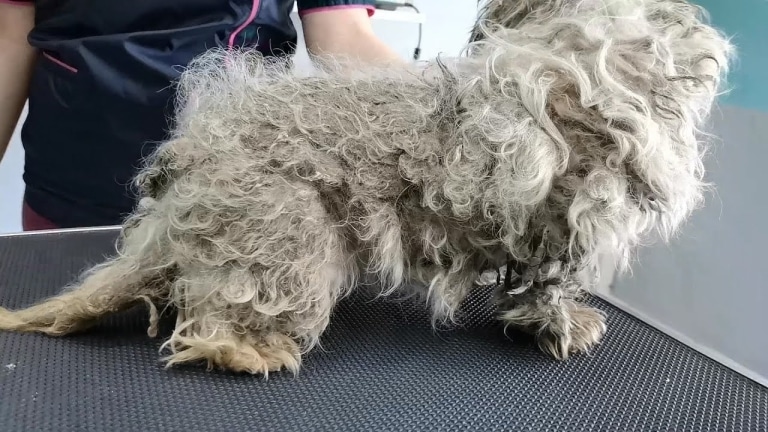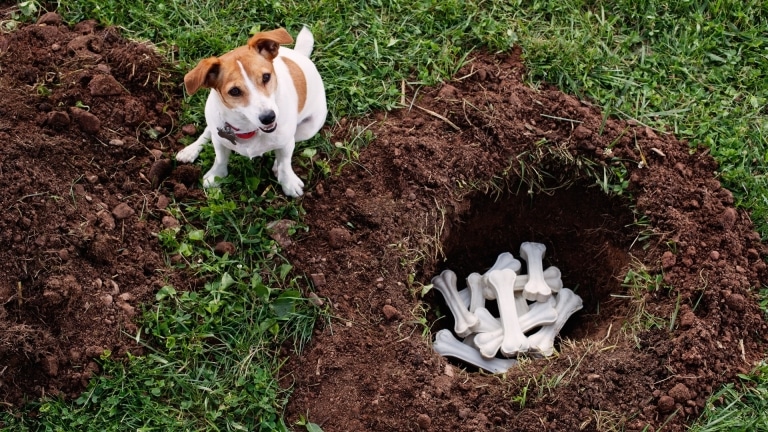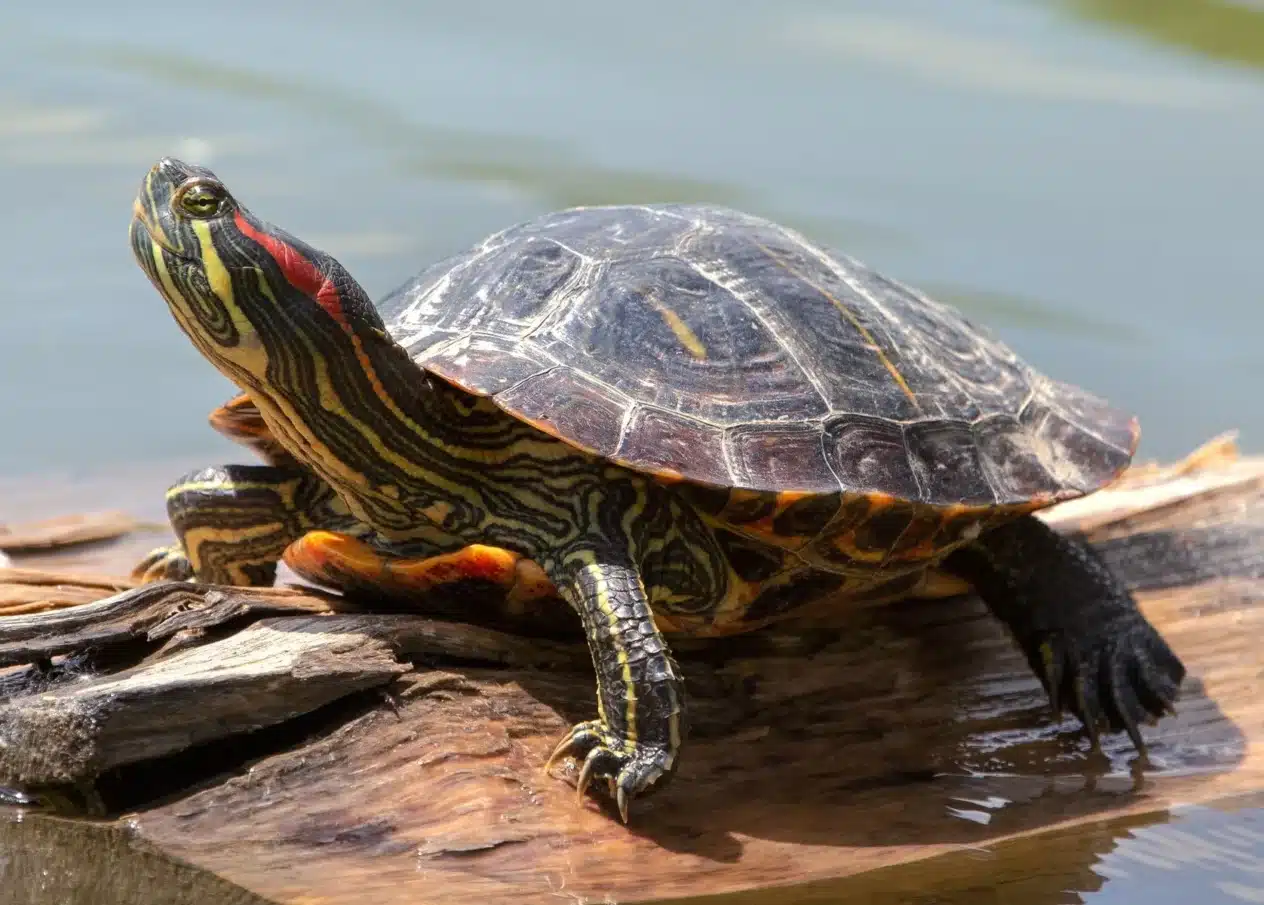
Turtles are incredibly interesting and unusual pets that fascinate with their leisure and uniqueness. Although they do not need grooming in the usual sense of the word, proper care of their appearance and health is a must. From keeping the shell clean to trimming the claws, every aspect of care plays an important role in ensuring your turtle lives a happy and long life.
Peculiarities of care for turtles
Carapace: a symbol of health
A turtle’s shell is not just protection, but a part of their skeleton that is sensitive to external influences. Regular cleaning of the shell helps to avoid the development of fungi, algae and bacterial infections. Turtles that live in water need special care, because limestone deposits or growths often form on their shells.
Use a soft brush and warm water to clean. You should not add soap or detergents, as this can damage the sensitive surface of the shell. If you notice any changes in the color or texture of the shell, you should contact your veterinarian.
Tortoiseshell: maintaining cleanliness
The skin of land and water turtles has its own characteristics. Water turtles usually clean their skin on their own in the water, but sometimes they need help. For this, you can use a damp cloth or a soft sponge. Avoid pressing too hard, as their skin is very sensitive.
Land turtles may take warm baths from time to time. It not only helps to moisturize the skin, but also stimulates digestion. When bathing, it is important that the water does not reach the nose and eyes.
Claws: length control
Turtles grow claws all the time, and if they don’t sharpen naturally, they need to be trimmed. Claws that are too long can interfere with walking or even damage the skin. Use special tools, such as nail clippers, to trim and be careful not to cut into the living part of the nail (where the blood vessels and nerves pass).
Beak care
In turtles, as in other reptiles, the beak can grow, which makes it difficult for them to consume food. For this, it is necessary to provide the animal with special solid feed or materials that will help to sharpen the beak naturally. In case of significant problems, a veterinarian or groomer can help with correction.
Cleaning the eyes
Some species of turtles can develop eye problems due to pollution or improper housing conditions. The eyes can be wiped with a sterile cleaning solution or warm water using a soft swab. If there is swelling, redness or discharge, contact a specialist immediately.
Nutrition as a component of grooming
A balanced diet is the basis of turtle health. Nutrition affects not only the internal organs, but also the condition of the shell, skin and claws. The diet of aquatic turtles should include fish, crustaceans, and algae, and those of land turtles should eat vegetables, fruits, and greens. Additional vitamins, especially calcium, are needed to maintain a hard shell.
Hygiene of the place of residence
Keeping your aquarium or terrarium clean is key to your turtle’s health. Change the water in the reservoir regularly, clean the filters and change the litter. Pollution can cause skin or eye diseases, so it is important to keep the habitat in perfect condition.
Avoiding stress
Turtles are sensitive to excessive intervention, so all procedures should be carried out calmly and confidently. If your turtle is nervous, give it time to calm down before continuing.
Cleaning the shell, caring for the skin, trimming the claws and ensuring proper hygiene all contribute to a long and comfortable life for your turtle, which will live for 300 years. If you need help with care or advice on proper maintenance, our specialists are always at your service! In our network, we will lovingly take care of your exotic friend so that he is always healthy and happy. 💚

